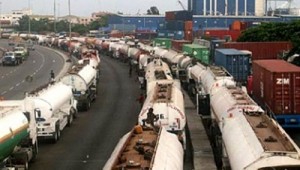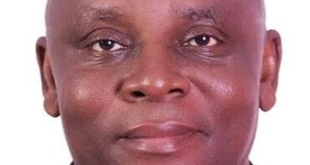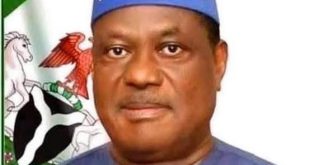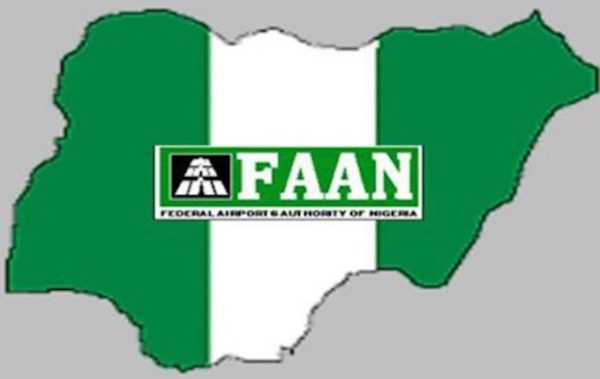 States get to improve transportation infrastructure; that creates economic development, puts people back to work and, most important, enhances safety and improves local communities- Corrine Brown
States get to improve transportation infrastructure; that creates economic development, puts people back to work and, most important, enhances safety and improves local communities- Corrine Brown
This astute adage emphasizes the need for every nation to develop its transport infrastructure which creates economic development, creates employment, enhances safety and raises the standard of living of the entire populace.
In Nigeria, this onus lies with Mr. Rotimi Amaechi as the Minister of Transport and indeed all Nigerians hopes he does get it right so we could benefit from the enormous potentials the transport industry could provide the nation.
The Nigerian transport sector represents around 10% of Gross Domestic Product (GDP) and 10% of employment. In the past 30 years traffic has increased by more than 75%, while passenger movements grew by 110%. This has resulted to pollution and congestion.

The roads, rail system, air and sea transports remain the arteries of a port’s economy because they deliver goods to citizens and companies alike, as well as functioning as a major source of employment. Nevertheless, the port roads in Nigeria have become death‐traps, the water‐ways a den for pirates while the rail system takes one step forward and two backwards. This coupled with the congestion of city roads as a result of increase in urban population gives rise to a call for a new transport order.
Let’s take a cursory look at ways of creating comprehensive urban development and transport policies to address deep‐seated social and demographic changes at the ports.
One essential approach would be to strike a balance between different modes of transport. Our roads are cloaked with too many trucks carrying containers with items that can be conveyed via the waterways as Nigeria is blessed with a beautiful inland water system that stretches across more than 10,000km of navigable waterways. This water wealth comprises rivers, creeks, lagoons and lakes, and intra‐coastal waters. The railway can also be utilized rather than barricading our roads with trucks. To see the level this chaos has led to, simply visit the Oshodi‐Apapa expressway.
It is also important to furnish other means of transportation such as the waterways and railway service with optimum services, security and safety which is obtainable via road transport. The problem is not that people aren’t aware that things and people could be transported via the waterways or the railways, but they feel it is safer via the roads and they are not wrong. The rail and waterways should be able to boast as much comfort and security to be able to encourage users.
Connecting all modes of transport together would also contribute chiefly to the ease of access. Other long‐term solutions the new Transport Minister could explore include, upgrading the public transport system and creating high performance traffic management teams which would be very crucial to creating an efficient transport system within and outside our ports.
 MMS PLUS NG – Maritime, Aviation, Business, Oil and Gas News Online Newspaper with coverage in Maritime, Oil and Gas, Aviation, Power and Energy as well as Financial News
MMS PLUS NG – Maritime, Aviation, Business, Oil and Gas News Online Newspaper with coverage in Maritime, Oil and Gas, Aviation, Power and Energy as well as Financial News









